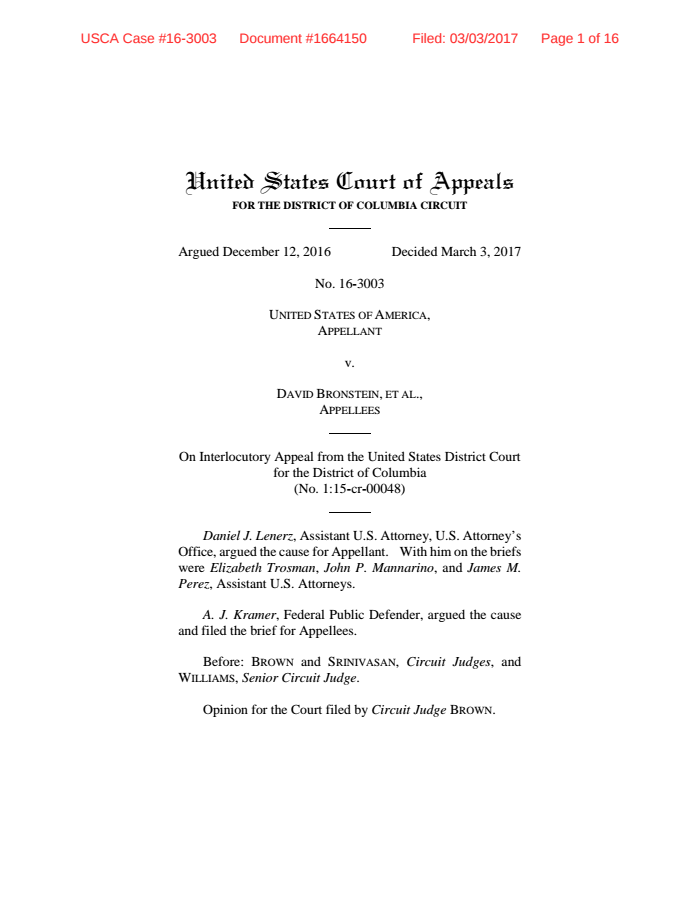
Federal prosecutors scored another win on Friday in their longstanding fight against protests at the US Supreme Court.
A federal appeals court ruled that prosecutors can charge people who disrupt Supreme Court arguments with making a "harangue" or "oration" — reversing a lower court judge who found that those words were too vague to pass constitutional muster.
The US attorneys' office in Washington, DC, fought to maintain the full range of options available to prosecutors in charging high court demonstrators. A three-judge panel of the US Court of Appeals for the DC Circuit agreed with prosecutors that the meaning of "harangue" and "oration" were clear in the context of the law.
"This core meaning is delivering speeches of various kinds to persons within the Supreme Court’s building and grounds, in a manner that threatens to disturb the operations and decorum of the Court," Judge Janice Rogers Brown wrote for the court.
The ruling doesn't change much in practice for the five men and women arrested at the court on April 1, 2015, who challenged the "harangue" and "oration" language — the lower court judge had kept intact another part of the law they were charged under that criminalized "loud" language.
But it's the latest win for the government against efforts to chip away at laws that restrict and criminalize certain types of speaking and demonstrating in and around the Supreme Court. The DC Circuit in 2015 rejected a challenge to the prohibition on demonstrations on the court's marble plaza.
Federal Public Defender A.J. Kramer, who argued for the defendants, declined to comment, as did a spokesperson for the US attorney's office.
The five defendants were accused of standing up one-by-one at the start of arguments before the justices and speaking or singing to protest the influence of money in elections — there was at least one reference to the court's 2010 Citizens United decision, which loosened campaign finance laws. They faced two charges: first, violating a broad prohibition on demonstrations in around around the Supreme Court, and second, making a "harangue," "oration", or "loud" language at the court.
US District Judge Christopher Cooper ruled in December 2015 that prosecutions under the "harangue" and "oration" section of the law would violate a person's constitutional right to due process because they suffered from "definitional ambiguity."
Brown wrote in Friday's decision that just because an ordinary person might not know off-hand the definition of a word such as "harangue," that didn't mean it couldn't be in the law. In the context of a law that was concerned about decorum in the Supreme Court, it was clear that "harangue" and "oration" referred to public speeches that would disrupt the court, she explained.
"That 'harangue' and 'oration' may not roll off the average person’s tongue today does not alter their possession of a settled meaning around public speeches," Brown wrote.
Judges Sri Srinivasan, who wrote the court's 2015 opinion upholding the ban on plaza protests, and Stephen Williams, who was on the panel that heard the plaza protest case, also heard the case and joined Brown's opinion.
CORRECTION
Judge Christopher Cooper issued the December 2015 ruling. A previous version of this article incorrectly identified Judge James Boasberg as the judge.

